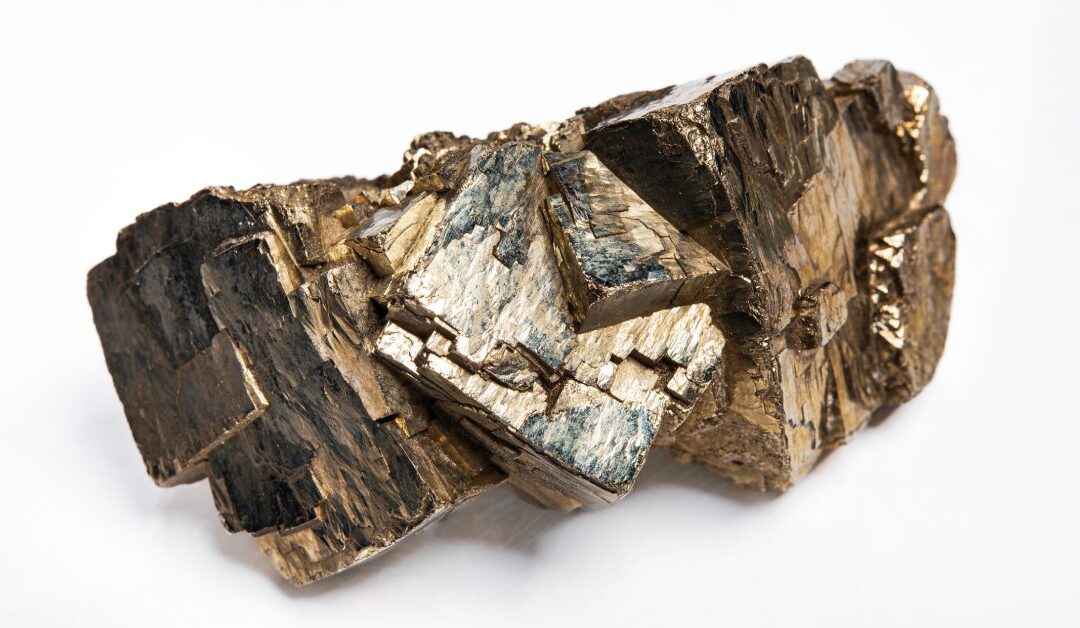Nickel has long been a staple in metal fabrication, particularly in welding projects, thanks to its unique properties and adaptability. Known for its durability, resistance to corrosion, and excellent weldability, it serves industries that require strong, reliable metal alloys. This post will explore why nickel is commonly used in welding metal applications and highlight its distinct advantages in specific settings.
Durability and Resistance to Corrosion
One of the standout features of nickel is its incredible durability and resistance to corrosive environments. Nickel alloys, such as those adhering to ASTM-B164 standards, excel in handling harsh conditions including exposure to chemicals, high temperatures, and saltwater.
This resistance makes them ideal for manufacturing equipment in chemical processing plants, oil refineries, and shipbuilding industries. For example, nickel-based alloys like Monel and Hastelloy are widely used in constructing valves, pumps, and fittings where they remain unaffected by acidic or saline conditions that would rapidly degrade other metals.
High Weldability
Another reason why nickel is commonly used in welding metal applications is its excellent weldability. These alloys are compatible with various techniques, including MIG (metal inert gas), TIG (tungsten inert gas), and resistance welding. This versatility allows welders to tackle complex projects and achieve seamless joins without compromising the structural integrity of the material.
Nickel’s ability to maintain its properties during intense heat welding processes also contributes to its reliability. Unlike some metals that can become brittle or distorted under heat, the alloys withstand extreme temperatures and retain their strength. This ensures a strong bond that performs well in demanding environments, such as aerospace components or high-pressure pipelines.
Versatility in Applications
The adaptability of nickel alloys is another factor behind their popularity in metal applications. Industries ranging from energy and construction to automotive and electronics rely on them for their performance. Many companies, including us at Wieland Diversified, provide high-quality nickel based materials suitable for various manufacturing needs.
Nickel’s thermal and electrical conductivity makes it an essential material for battery production and electronic components. Its anti-corrosive properties are also crucial for building renewable energy infrastructure.
Strength and Toughness
Nickel’s intrinsic strength and toughness make it an excellent choice for welding applications requiring structural endurance. This includes heavy machinery and bridges, as well as high-stress architectural designs.
In these cases, the material must withstand constant load and pressure without deforming. Nickel alloys retain their mechanical properties even under extreme conditions, making them ideal for demanding workflows.
Nickel’s versatility, durability, high weldability, and resistance to corrosion make it an indispensable material in metal applications across industries. For marine, energy, or complex machinery tasks, nickel alloys are a smart investment in lasting performance. By choosing this material, companies can adopt robust, and efficient welding solutions tailored to their operational needs.

